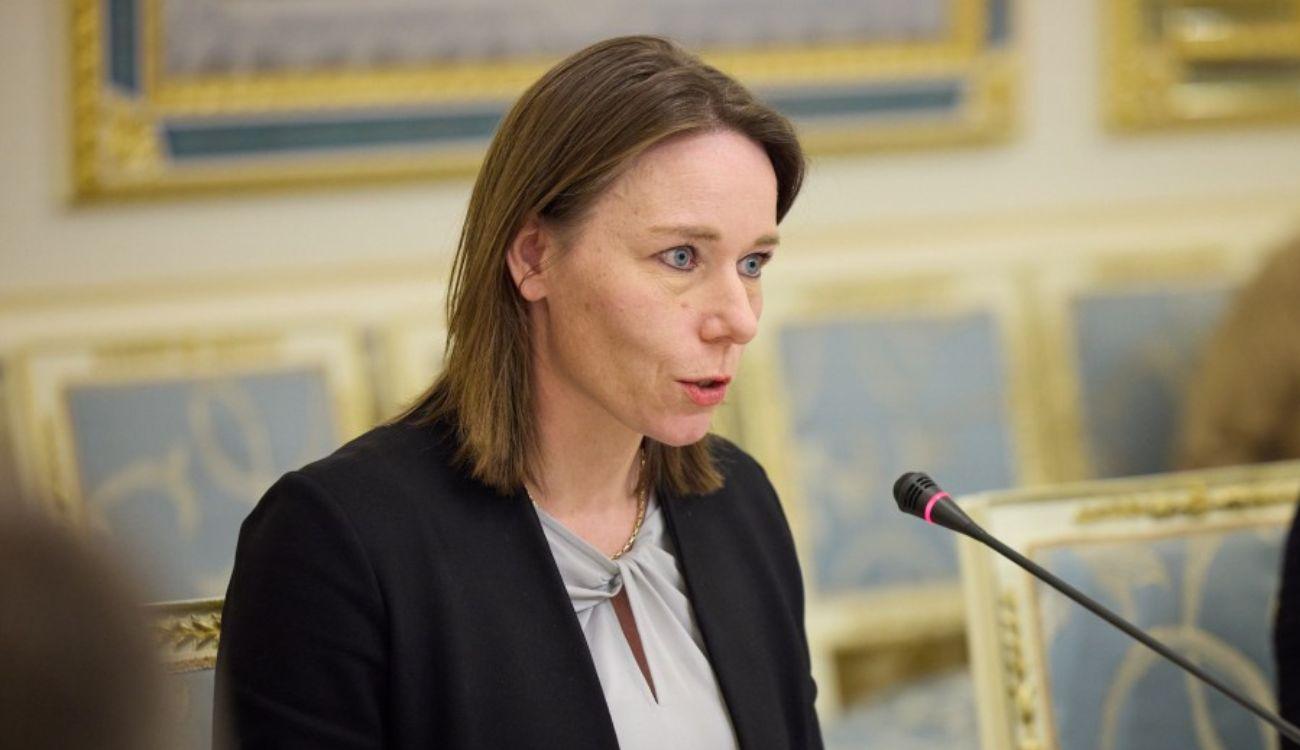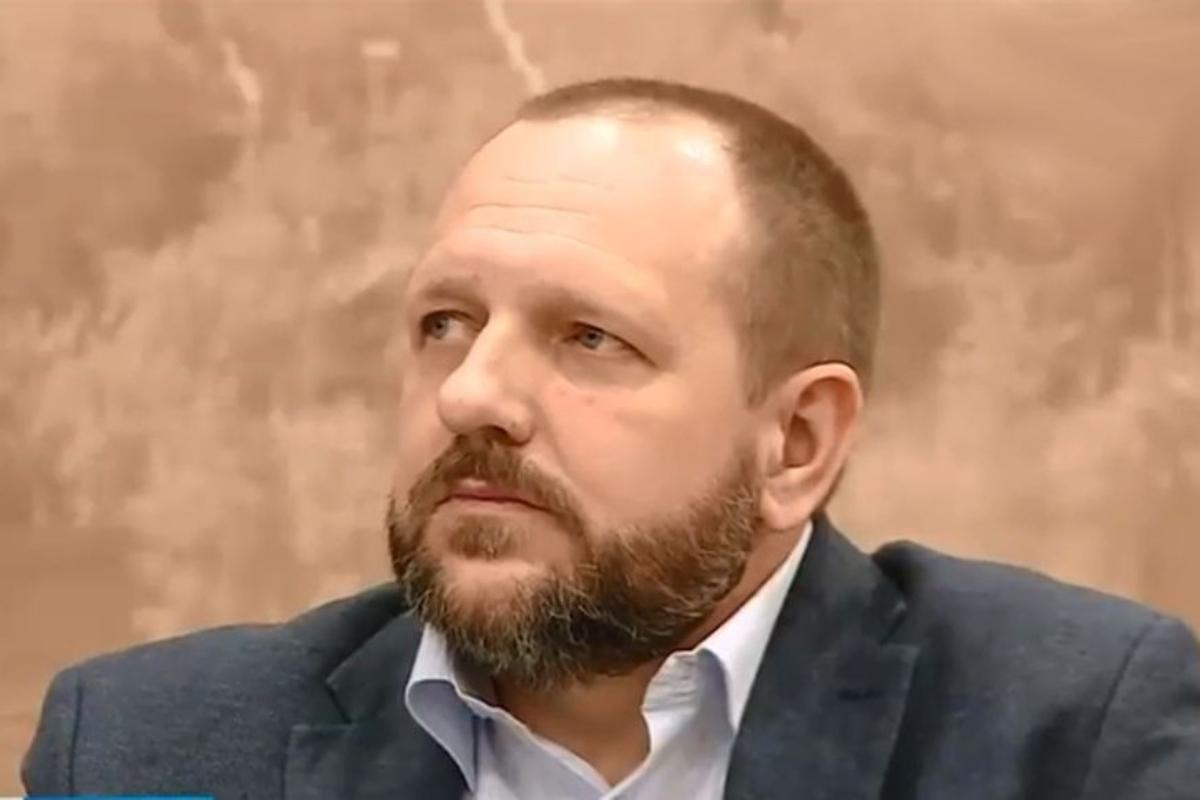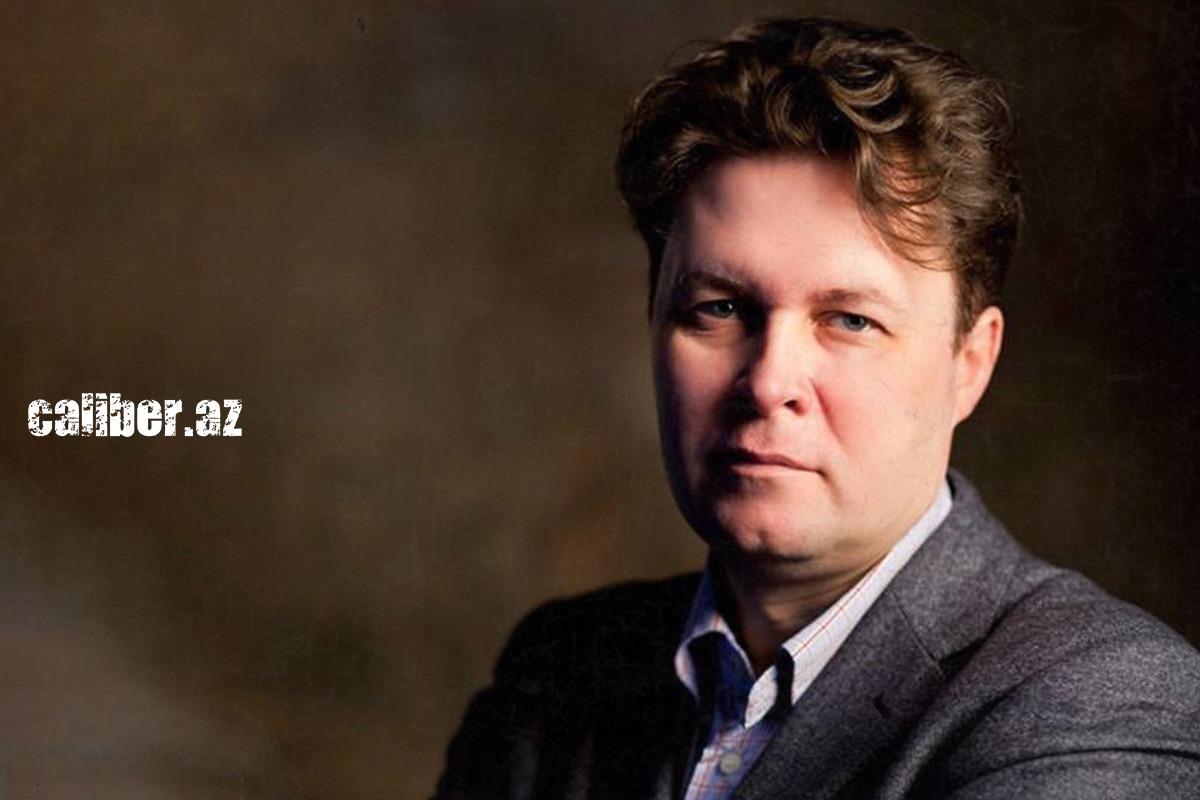Who pulls the strings of European puppets making demarches against Baku? Experts ruminate on reasons behind EU's hostile stance
Currently, the situation in Azerbaijan's relations with several European countries and pan-European organisations is far from ideal. And it is not Baku's fault. Everyone was witness to the organisation of the demarche against Azerbaijan at the Parliamentary Assembly of the Council of Europe and its results. For some people, however, this was not enough.
Dutch Foreign Minister Hanke Bruins Slot said at a meeting of the Foreign Affairs Committee of the country's parliament that Azerbaijan's recent public statements are worrying, threatened Baku with sanctions, and made a number of negative statements about the process of normalisation of relations between Azerbaijan and Armenia.
This potshot has not been left unanswered either. Commenting on the Foreign Minister's speech in the Dutch parliament, Azerbaijani Foreign Ministry spokesman Aykhan Hajizada said the statements of Hanke Bruins Slot with accusations against Azerbaijan are unacceptable.

"Unfortunately, once again an official of the Kingdom of the Netherlands, having made an accusatory statement at the request of the representatives of the Parliament, clearly distorted the statements made by the Azerbaijani side. This is not the first time that officials of European states have made irresponsible remarks of this kind. They are an example of a biased attitude towards post-conflict realities in our region, along with attempts to interfere in Azerbaijan's internal affairs," Hajizada said.
He noted that such statements, as well as threatening to impose sanctions on Azerbaijan, are damaging to bilateral relations with the Netherlands and the European Union in general.
"As for the intention of the Foreign Minister of the Netherlands to visit our country, I would like to point out that this visit has been postponed by the Azerbaijani side. The Azerbaijani side has declared its intention to discuss only bilateral relations during the visit, and not the process of normalisation of relations between Azerbaijan and Armenia or internal issues of our country. We urge the Dutch side to stop making such statements that hinder further development and progress in the region based on respecting international law norms and principles," Hajizadeh said.
So what can be the explanation for what is going on? What forces in Europe could be behind such attacks, as if specifically designed to undermine Azerbaijan's relations with the West? Can we expect more "blows" from the other side, or is there any hope that they will come to their senses and realise that Azerbaijan is an important, necessary and reliable partner for Europe, and not the other way round, and will try to correct the situation and level the relations somehow?
Well-known foreign commentators have answered these questions for Caliber.Az.

Neither the European Union as a whole nor the majority of its members (including the Netherlands) have long been political actors, says Vitaly Arkov, a Russian political scientist and founder of the expert analysis network PolitRUS. And those who lead these countries are voluntarily or involuntarily puppets of those who determine positions on key issues.
"First and foremost, of course, is the United States. The relations between Baku and Washington have deteriorated at the moment, so it is not at all surprising that the White House has given the order to 'attack'.
We should not forget that the European Union has never been a union of equals. From its earliest days, its obvious leader was Germany, and comparisons with the 'Fourth Reich' were frequent. But these were justified, as Berlin paid for a significant proportion of Europe's spending. Germany's economy could afford it as it was growing rapidly based on a close partnership with Russia. Britain's dream was to take over the EU, but when London realised that this was unrealistic in practice, it launched Brexit. It is still an obsession for the Polish government," he said.
With the replacement of "steel" chancellor Angela Merkel by "plush" chancellor Olaf Scholz, the levers of EU governance are now in the hands of France. France, too, has long dreamed of regaining its power," he continues.
"As we know, the present state of Baku/Paris relations is also not ideal. We have had a number of discussions about the reasons for this.
Given all this, it's not unusual to hear harsh and inadmissible statements made by the Dutch Foreign Minister, as well as by politicians from some other EU countries. In my view, the intensification of the campaign against Azerbaijan, which has been observed in recent weeks in all political directions in Europe, is related to the extraordinary elections of the Azerbaijani president.
In this regard, statements of EU politicians dependent on the USA and France are not surprising.
I believe that independent Azerbaijan will ignore this hostile rhetoric and not succumb to blackmail. Since the EU is very interested in economic partnership with Azerbaijan, especially in the fields of energy, transport and logistics, we should expect a thawing not only of the atmosphere but also of the rhetoric of European politicians as early as spring," Arkov believes.

In his turn, Yevgen Magda, director of the Kyiv-based Institute of World Politics, noted that PACE's refusal to recognise the powers of the Azerbaijani delegation may indicate a cooling period in relations between Baku and Europe.
"Some experts believe that Baku will make a U-turn from rapprochement with Europe. However, in this matter, I would like to understand what benefits Azerbaijan and the EU will get from this. It is not too hard to criticise a post-Soviet state for 'insufficient level of democracy'. One can find quite a lot of such points, and one can find quite a lot of reasons to reach problems, based on which one can form a certain position.
But I believe that the cooling between Azerbaijan and the EU may not only lead to the fact that Russia will enter this space more actively, but also to the fact that in principle the opportunities of European countries to influence the processes of transformation in Azerbaijan will change significantly. It is unlikely that the disappearance of political ties will imply the strengthening of economic contacts. Rather the opposite," the Ukrainian analyst believes.
He recalled another factor - the need to finalise the process of signing a peace treaty between Azerbaijan and Armenia.
"How does the European Union, cooling relations with Azerbaijan, plan to be a mediator in this matter? Will it be able to succeed in this endeavour? This remains a mystery to me. I am not sure that Europe is ready to cede this field to Russia and the United States. But what its steps will be and what its methods will be, I have no idea at the moment," Magda says.








